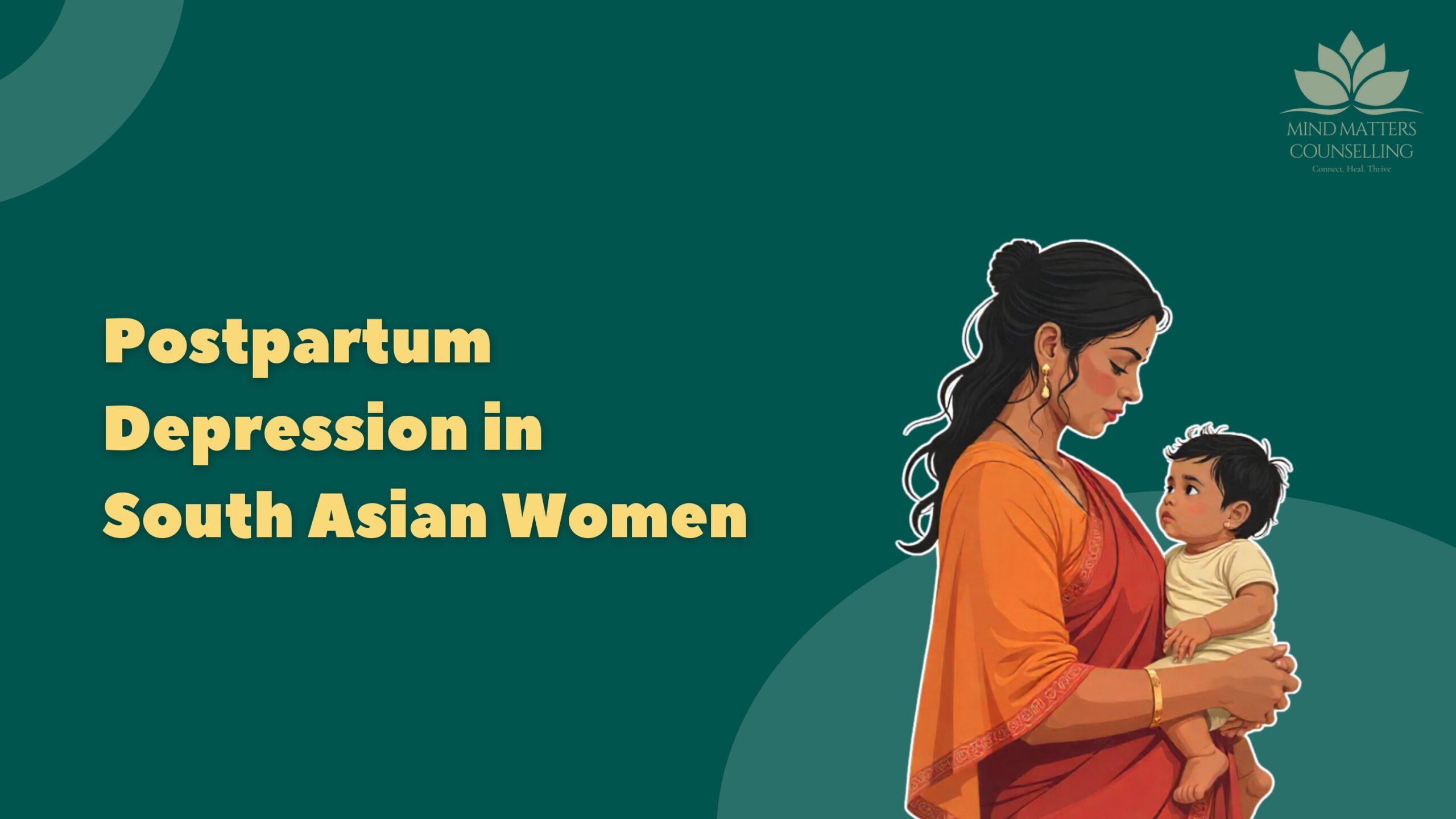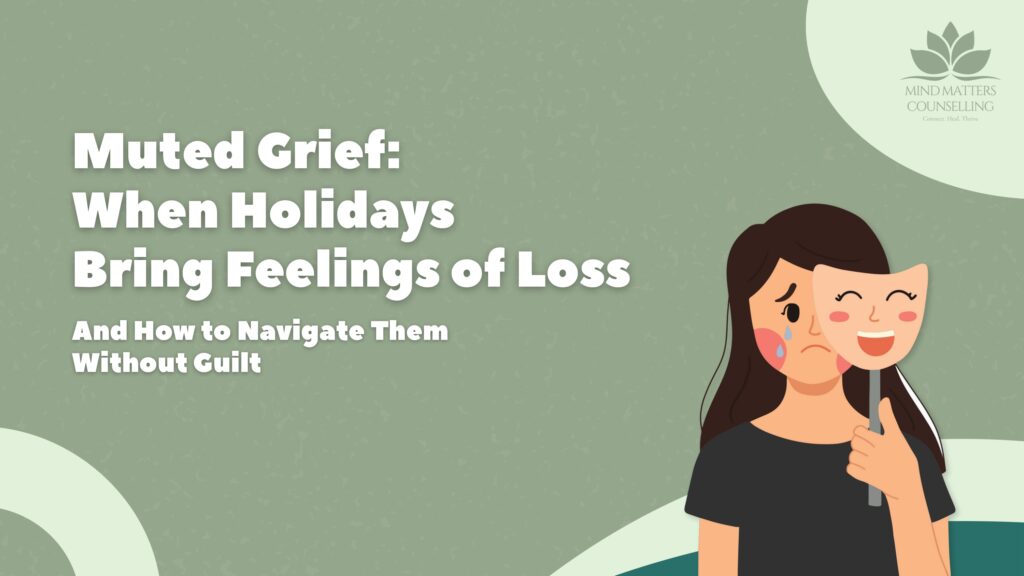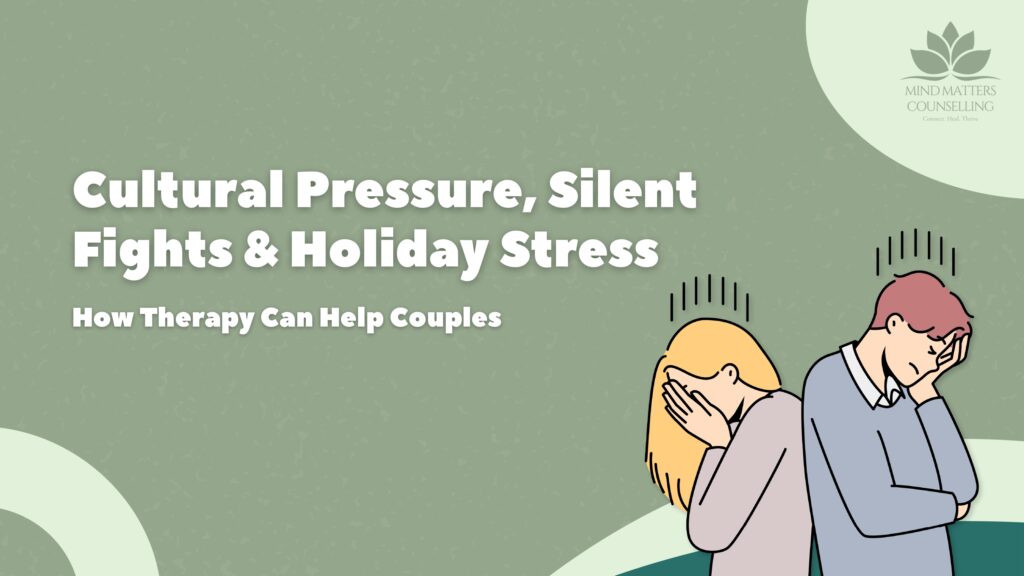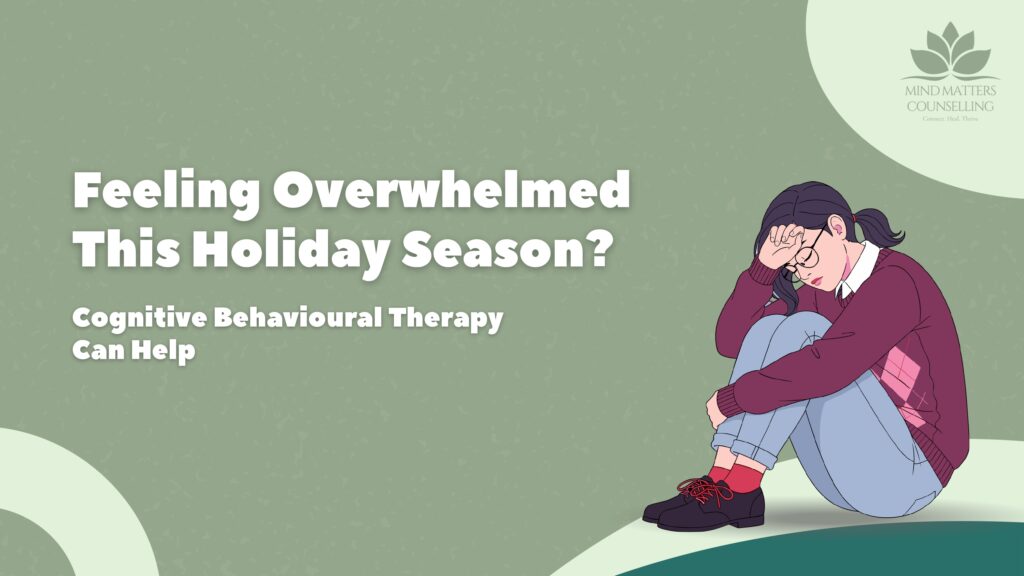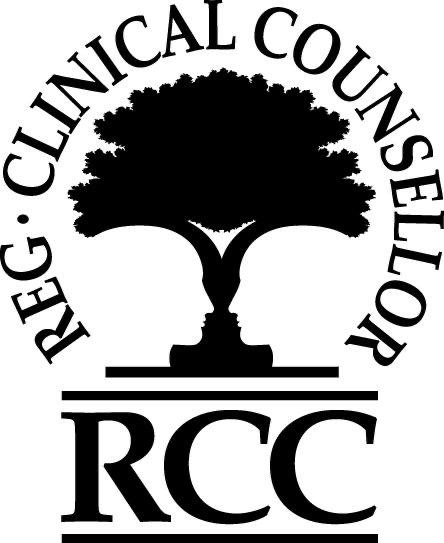In South Asian families, the birth of a new child often marks a joyous milestone, which brings family pride and the continuation of a lineage. This may look like celebrations, family gatherings, and blessings. Yet, behind the smiles, many new mothers silently struggle with deep emotional pain, confusion, and emotional exhaustion that they rarely feel safe to voice. These symptoms are often overlooked as “normal” after childbirth. Psychology defines postpartum depression (PPD) as a mood disorder that occurs after childbirth and can be marked by fatigue, sadness, anxiety, and difficulty in bonding with the child; however, in South Asian families, PPD can carry additional layers that go far beyond the clinical definition.
The Cultural Silence Around Postpartum Depression
For many South Asian women, motherhood is not a personal transition; rather, it is a new social role that is deeply intertwined with family honour, gender norms, and traditions. While many women experience feelings of overwhelm or detachment, they are expected to feel instant joy and connection. These emotions are met with dismissal, silence, or judgment, with comments such as “you should be happy”, “every mother goes through this”, or “think positively”. As a result, many women internalize their struggles, deeming them a personal failure rather than a common human experience that deserves care and compassion.
This silence can make postpartum depression harder to recognize and treat — not because women don’t feel it, but because they fear judgment and stigma from those closest to them.
The Role of Family: Care or Control?
Family often plays a central role when a new child is born, as many elders step in to provide care; however, there is a fine line between care and control. Many women feel as though they are being watched and criticized for how they care for their newborn baby. For example, there may be unsolicited comments or advice on how she feeds, dresses, and soothes the baby. She may also hear comparisons of how other new mothers “managed just fine”. While a joint family may be rich in connection, this environment often blurs boundaries and shifts focus away from the mother’s emotional needs. Instead of being cared for, many women feel monitored or criticized, which can worsen feelings of isolation and anxiety.
What Postpartum Depression Looks Like
Postpartum depression affects every woman differently. While some women may be emotional and feel empty on the inside, others may appear to be perfectly functional while internally feeling guilty and detached from their baby. Cultural conditioning often encourages women to be calm and polite, creating an emotional restraint that can deepen the pain. When family members dismiss their suffering, it adds shame to their sadness, resulting in feeling lonely despite being surrounded by family.
How Therapy Can Help
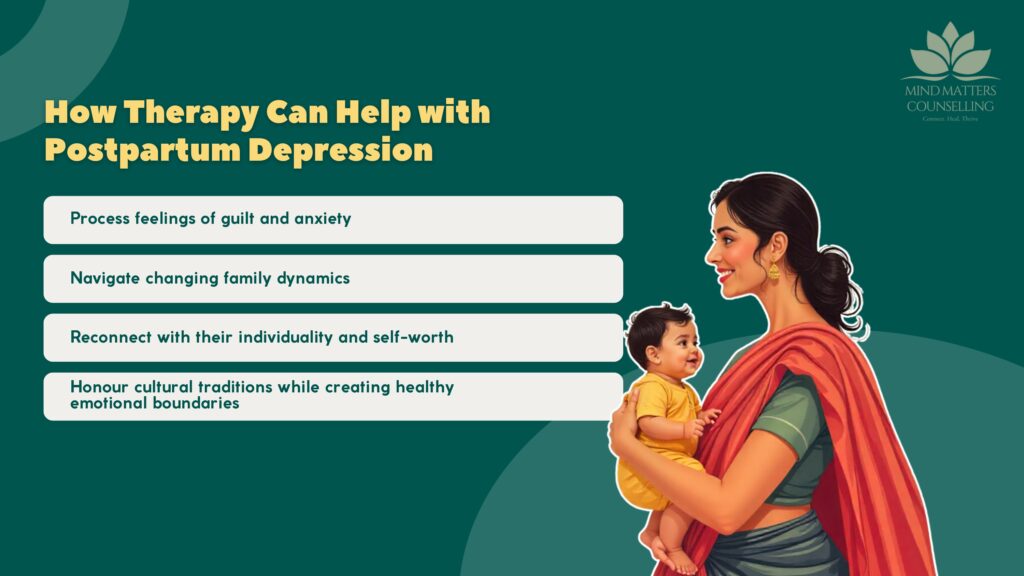
Therapy provides women with a space to explore their old and new identities in a non-judgmental space. Through a therapeutic lens, healing involves letting go of guilt and recognizing that their emotions do not mean they are failing. It allows them to reconnect with parts of themselves that may be neglected due to her new role or expectations. They can learn how to feel all emotions without the need to justify them. Culture is incorporated by honouring traditions while also creating space for their individuality and emotional authenticity.
At Mind Matters Counselling, we recognize the cultural nuances that shape emotional experiences. Our therapists help women:
- Process feelings of guilt and anxiety
- Navigate changing family dynamics
- Reconnect with their individuality and self-worth
- Honour cultural traditions while creating healthy emotional boundaries
Healing begins when women feel heard, validated, and supported.
Breaking the Silence: A Call for Compassion
PPD does not make women weak, ungrateful, or unfit mothers. It calls for compassion from herself, her family, and her community. What would happen if women could openly speak of their struggles after childbirth without the fear of being judged or dismissed? What if their pain was seen as courage to seek help and reclaim their emotional well-being? Healing begins when silence ends. When women feel validated, they not only heal themselves but also challenge generations of silence that came before them.
Healing begins when silence ends.
By supporting mothers through therapy, compassion, and understanding, we can create a future where emotional well-being is as celebrated as new life itself.
If you or someone you know is struggling with postpartum depression, Mind Matters Counselling in New Westminster, BC offers compassionate support tailored to South Asian families.
Reach out today to begin your healing journey.

